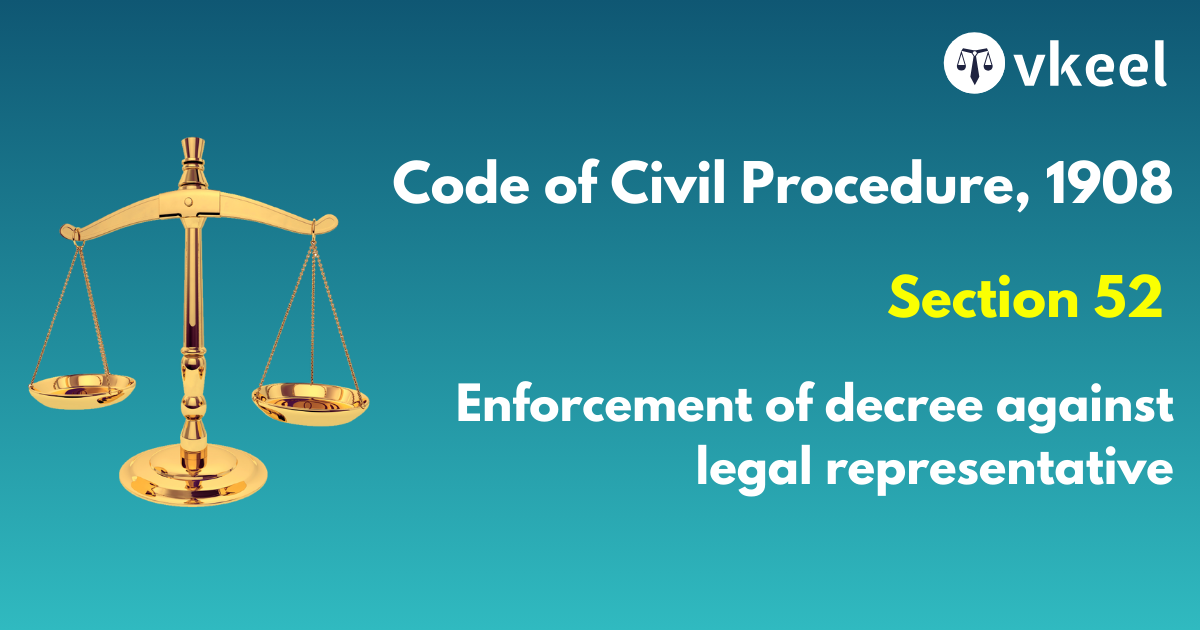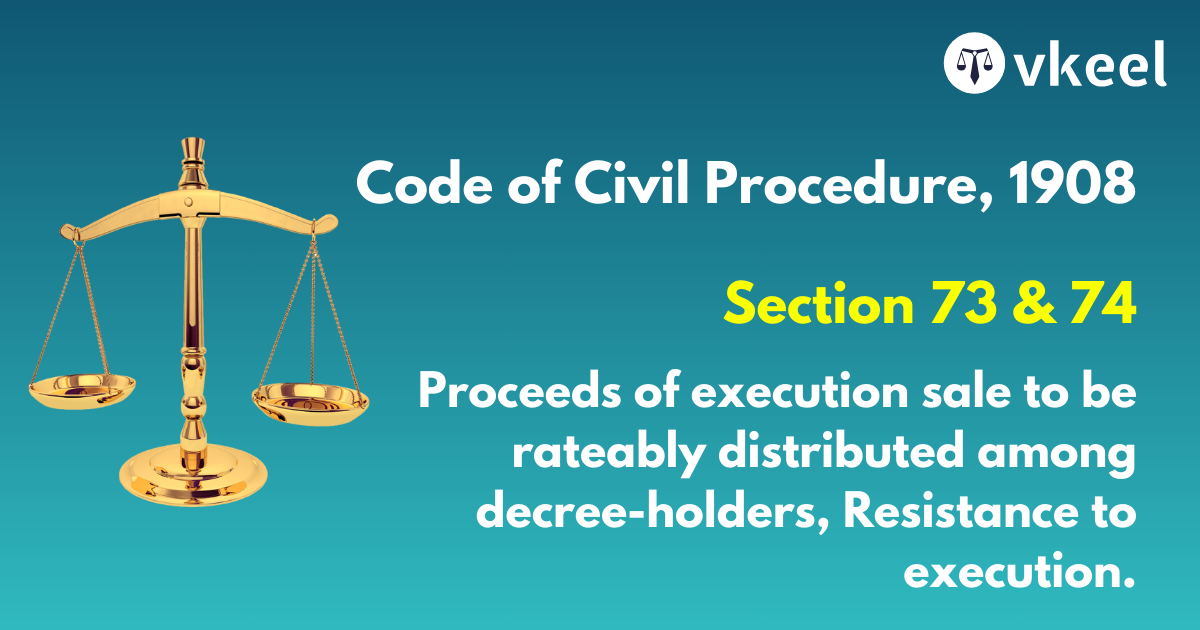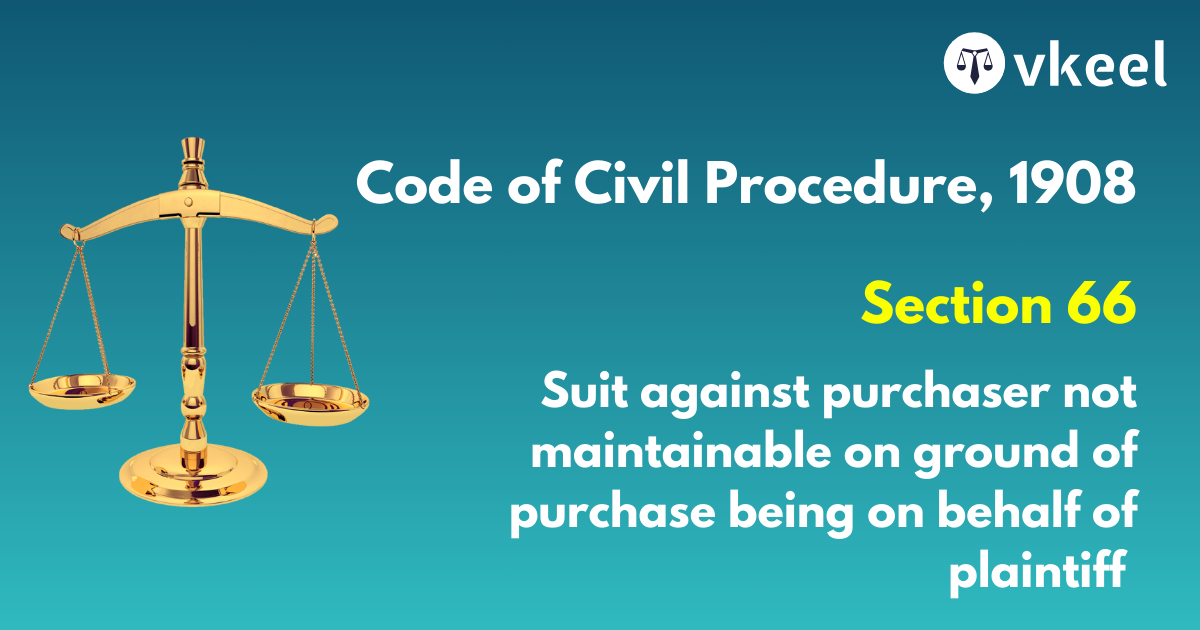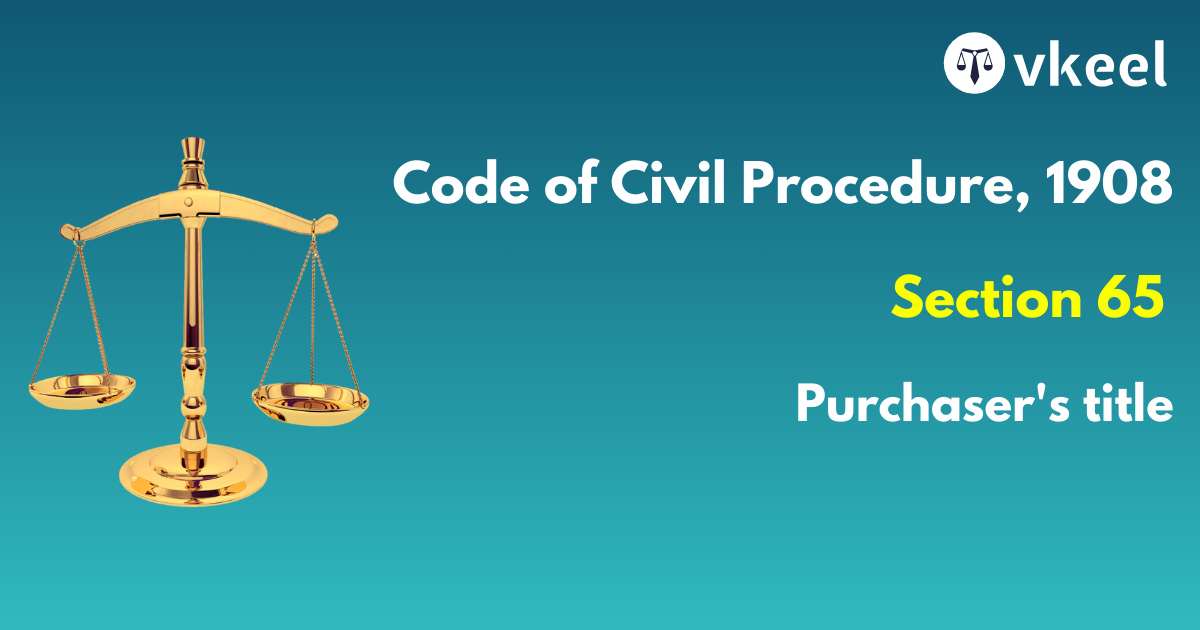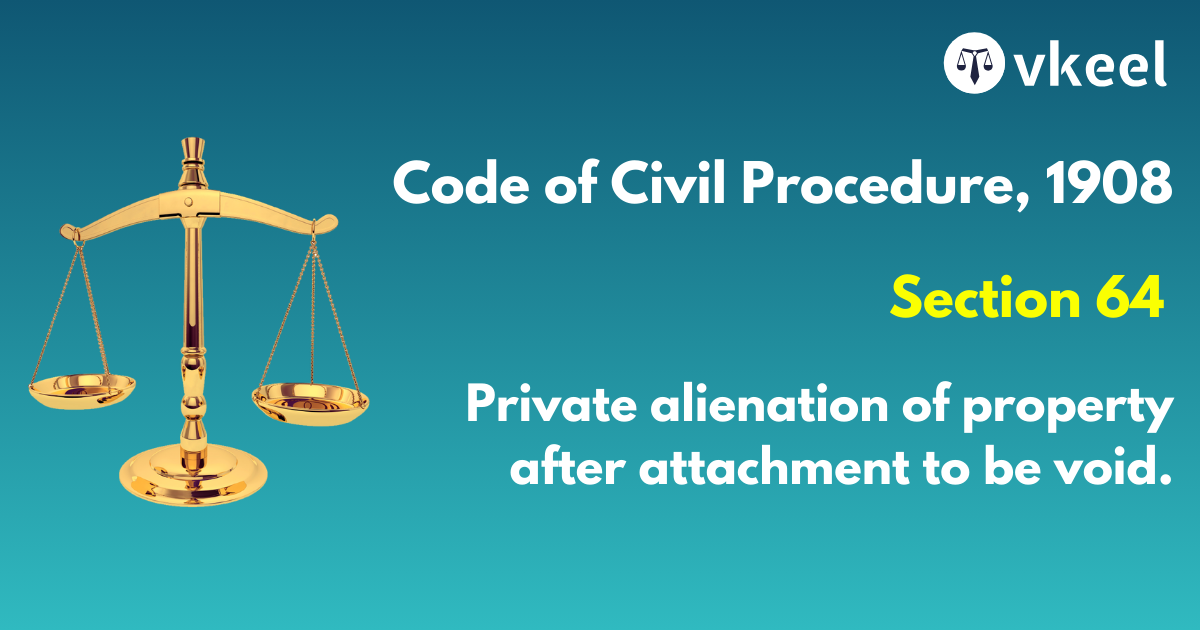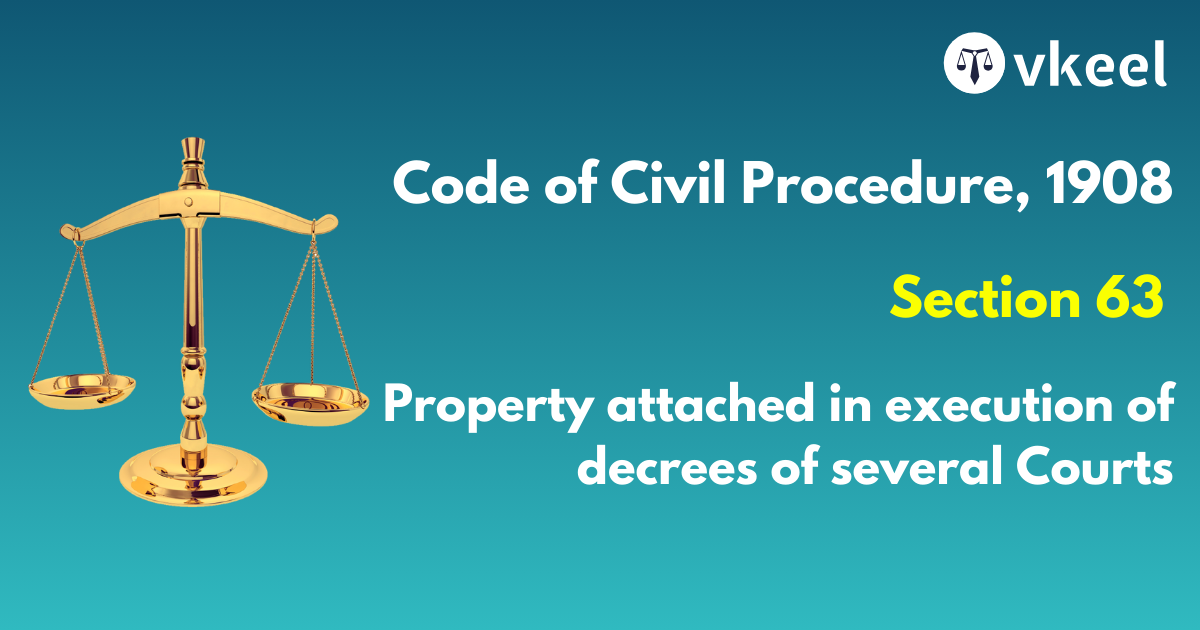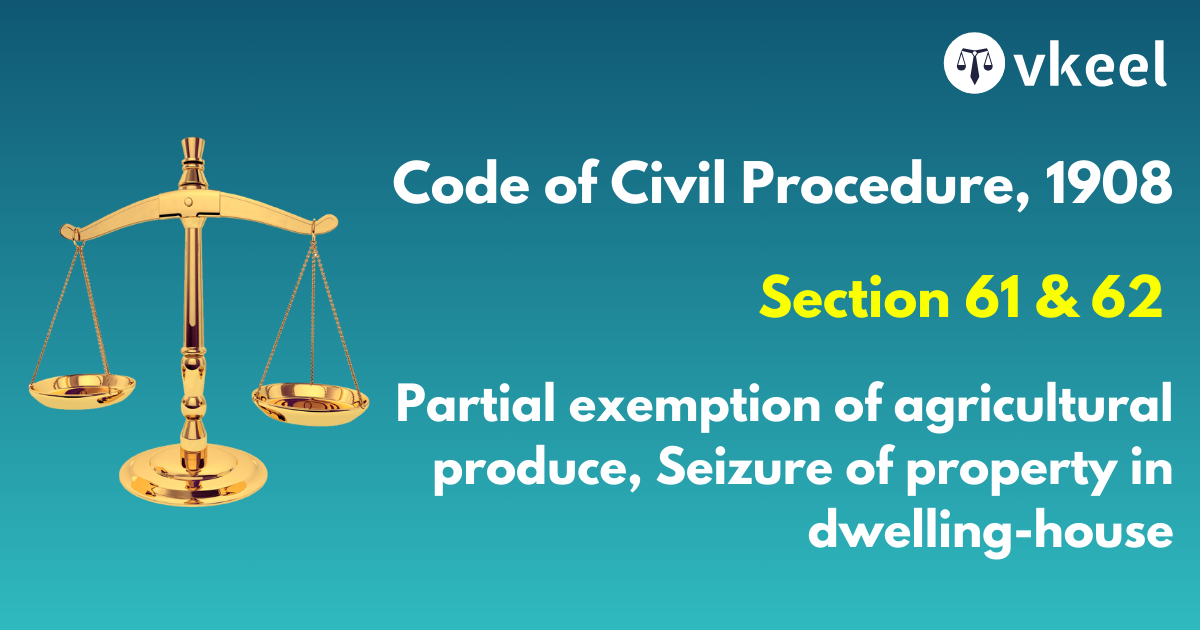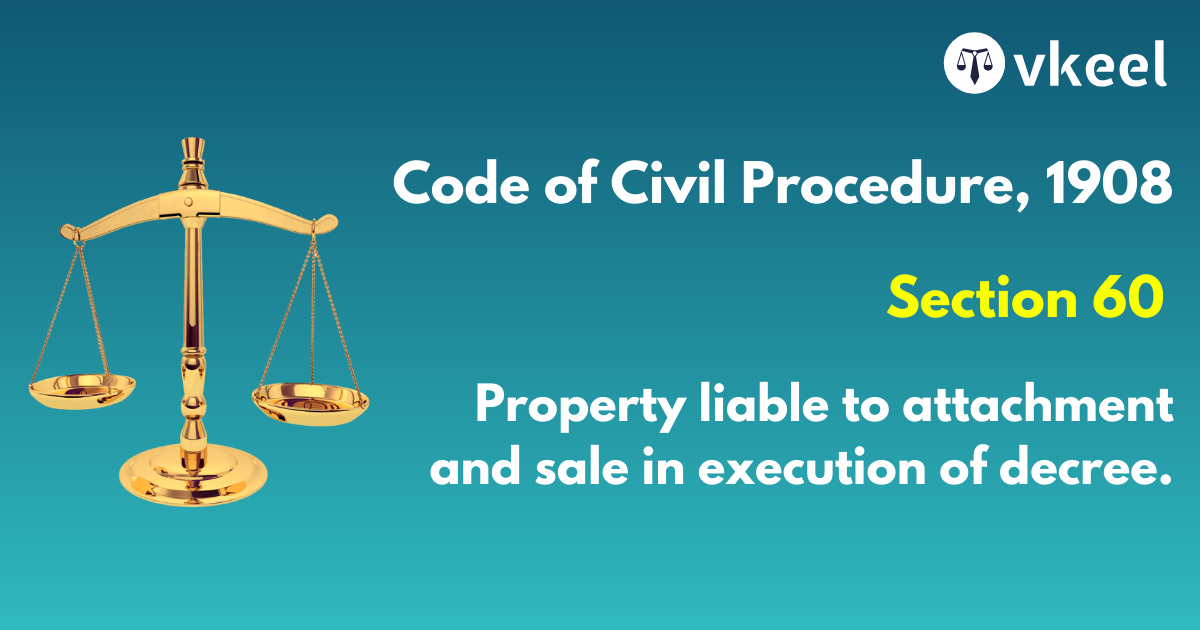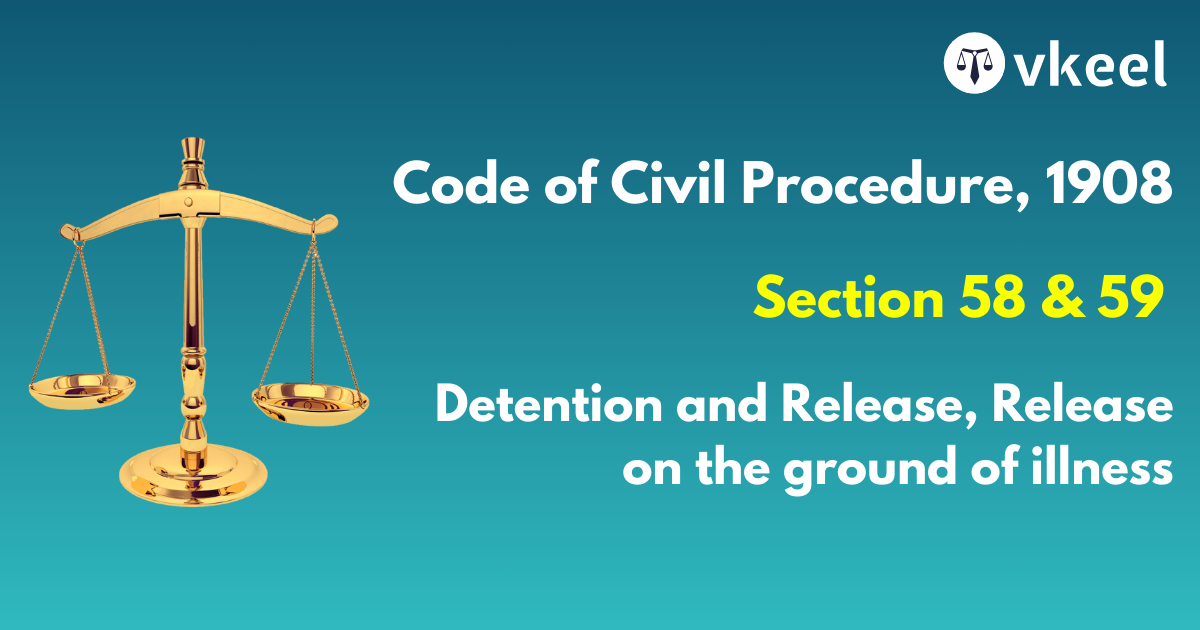Section 52 of the Code of Civil Procedure, 1908
By Joy Puri
Introduction
The Section 52 of the Code of Civil Procedure articulates regarding the execution of the decree against the person who is a valid legal representative of the deceased person in the respective matter.
In a scenario wherein the judgement debtor possesses no such property and thereafter he fails to satisfy the court of law that he has duly applied such property of the deceased.
In such a case as aforesaid, the decree is to be executed against the judgement debtor to the extent of the property with respect to which he has failed to satisfy the court of law in the same manner as if he was the one instead of the deceased.
Section 52 of the Code of Civil Procedure, 1908
Enforcement of decree against legal representative-
Where a decree is passed against a party as the legal representative of a deceased person, and the decree is for the payment of money out of the property of the deceased, it may be executed by the attachment and sale of any such property.
Where no such property remains in the possession of the judgment-debtor and he fails to satisfy the Court that he has duly applied such property of the deceased as is proved to have come into his possession, the decree may be executed against the judgment-debtor to the extent of the property in respect of which he has failed so to satisfy the Court in the same manner as if the decree had been against him personally.
Landmark Case Laws
Chakka Vs Yenumulla, 1950
To apply section 52 three conditions are to be satisfied (1) legal representative must have received some property of deceased; (ii) he must no longer be in possession of it; (iii) he has failed to duly apply to discharge the debt of the deceased. When a legal representative fails to so apply the property in his hands, the court has no discretion to order that the decree-holder must first proceed against the other properties of the deceased.
Mehar Vs Charan, 59 Punj LR 47
“Property” is to be interpreted as meaning only property capable of attachment and sale and so property in the hands of legal representatives which would not have been liable to attachment and sale in the hands of the debtor himself had he been alive is still exempt.
Anil Kumar v UOI, 2001
When a decree for the payment of money is passed against a party as a legal representative of the deceased person, it may be executed by attachment and sale of the property of the deceased in the hands of the legal representative. In case such property does not remain in possession of the judgment debtor and he fails to satisfy the Court that he has duly applied such property of the deceased which is proved to have come into his possession, only then the decree may be executed against the judgment debtor as if the decree is against him personally to the extent of the property in respect of which he failed to satisfy the Court as aforesaid.
Md Sulaiman v Md Ismail, 1966
Where on account of a bona fide error, the plaintiff instituted his suit against a person who is not representing the estate of a deceased person against whom the plaintiff has a claim either at all or even partially, in the absence of fraud on collusion or other ground which taint the decree, a decree passed against the persons impleaded as heirs binds the estate, even though other persons interested in the estate are not brought on the record
Ambili Devi v Kerala State Road Transport Corp, 2017
Looking at the principles of law provided under sections 50 and 52 of the CPC, it is clear that a legal representative is liable only to the extent of the property secured by him from the estate ‘of’ the deceased. The estate of the deceased can only be the properties acquired by the deceased person during his life time, or thereafter, as per any legally constituted documents. Merely because petitioner has secured compassionate appointment, that can never be treated as an estate of the deceased.
Sushil Vs Sam arendra, 42 Cal WN 65
When an executor is in possession either as executor or as a specific legatee, a decree passed against him and co-executors in their representative capacity may be executed against him to the extent of the assets in his hands under section 52(1)
Pannalal Vs Naraini, 1952
The operative part of a compromise decree stated that it is passed against the estate of B deceased in possession of his legal representatives. As it fulfilled the conditions of section 52(1), it would attach all its incidents. Consequently the decree-holder would be entitled to call in aid the provisions of section 53 if applicable as the rights thereunder were not expressly given up. It is possible for the parties to agree that the decree should be executed only against a particular property unless the statutory right was contracted out by express words of exclusion in the compromise.
Bhagwati v Madan, 1930
Sub-section (2) says that in regard to property which came into the hands of the legal representative but which has not been duly applied by him, the decree may be executed against him as if the decree was to that extent passed against him personally. The words “such property” cannot be taken to mean property of which attachment was sought
Conclusion
The section 52 of the Code of Civil Procedure thereby is based on the principle of stepping into the shoes.
The section is therefore based on the fundamental crux of fairness and accountability.
Disclaimer:
The information provided in the article is for general informational purposes only, and is not intended to constitute legal advice or to be relied upon as a substitute for legal advice. Furthermore, any information contained in the article is not guaranteed to be current, complete or accurate. If you require legal advice or representation, you should contact an attorney or law firm directly. We are not responsible for any damages resulting from any reliance on the content of this website.

